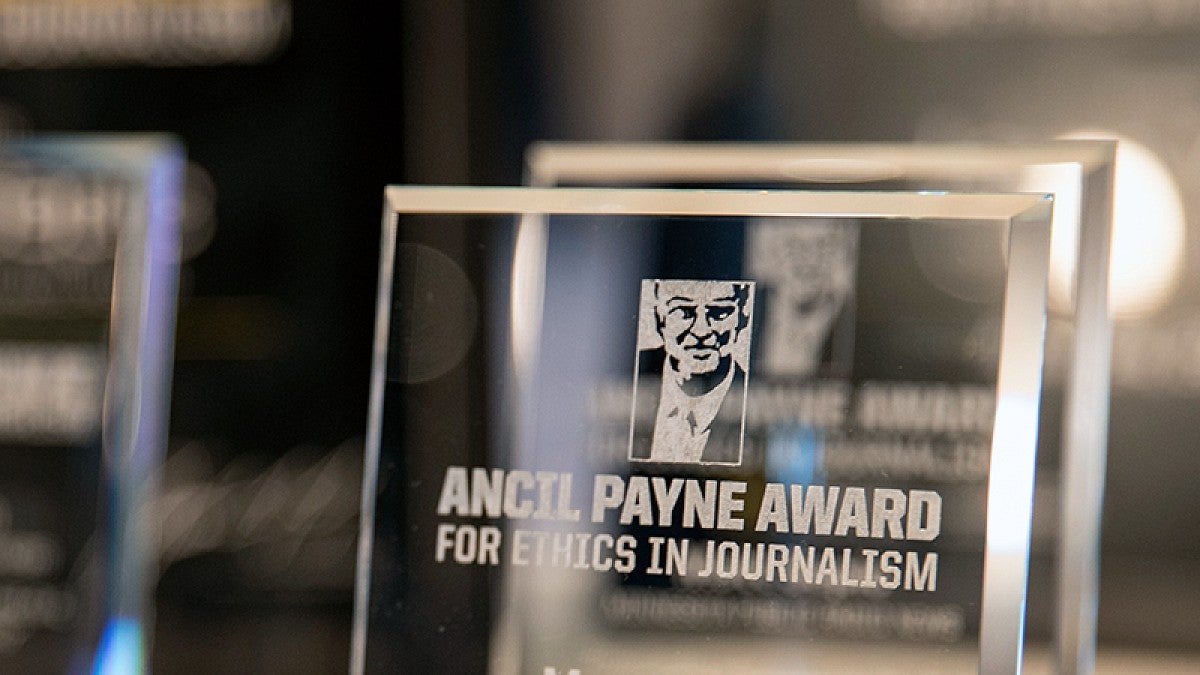To honor the tough ethical decisions journalists and news outlets make in the field and the newsroom, the UO School of Journalism and Communication is seeking nominations for the 2020-21 Ancil Payne Award for Ethics in Journalism.
The award includes a $10,000 prize to reward their crucial work.
The journalism field faced extraordinary challenges through 2020. From covering major events — a worldwide pandemic, Black Lives Matter and social justice protests, raging wildfires and climate change, and a chaotic presidential election — to sharing stories about people’s lives and communities, journalists worked to accurately inform the public while upholding the ethical standards of the profession.
“The public is often unaware of the ethical standards that journalists must consider and the difficult choices they make behind the scenes to ensure the stories they publish are accurate and ethical, despite personal, professional, financial or political pressure,” said Juan-Carlos Molleda, Edwin L. Artzt Dean and professor in the School of Journalism and Communication. “The Ancil Payne Award rewards those decisions and recognizes the critical role journalists play in our democracy and society.”
The School of Journalism and Communication encourages UO community members and the general public to nominate any U.S.-based journalists or news media organizations for any story — online, broadcast, multimedia or traditional news — published in 2020. The deadline for nominations is Feb. 15, and self-nominations are encouraged.
To nominate, all that is needed is a link to a story or series, the journalist or news media organization’s name and email address, and a brief statement about why the nominee deserves the Payne Award.
Founded in 1999 by Seattle broadcasting legend Ancil Payne, the award has been supported by his family since his death in 2004.
The 2019-20 Payne Award went to Injustice Watch journalists Emily Hoerner and Rick Tulsky for their investigation into racist, misogynistic, homophobic and violent social media posts from more than 2,000 police officers across the United States. Despite the threat of a lawsuit that could shut down the small news media outlet, they prioritized the public’s right to know the truth. As a result, police departments around the nation implemented changes and fired officers who violated department social media rules.
“In this year with a pandemic raging, the president’s shouts of ‘fake news’ echoing throughout the world and the ongoing decline of financial support for quality journalism, it has never been more important to recognize and honor journalists who uphold the profession’s ethical standards,” said Tim Gleason, journalism professor and director of the Payne Award. “In doing so, we support today’s journalists and inspire future generations.”
—By Alli Weseman, School of Journalism and Communication


